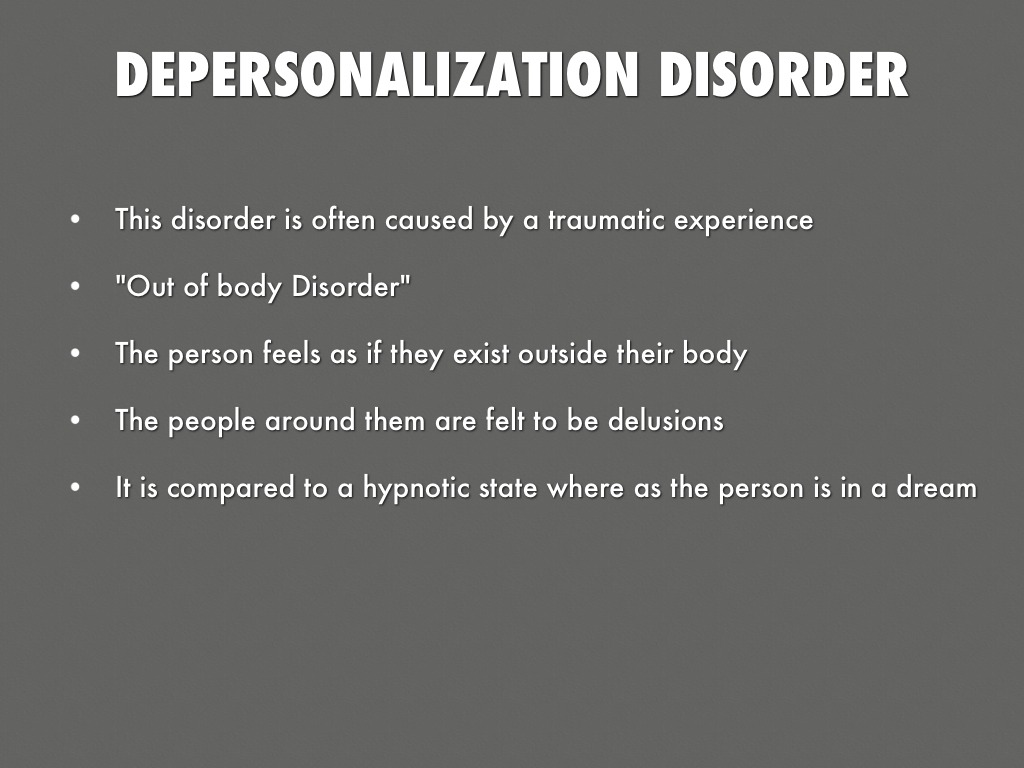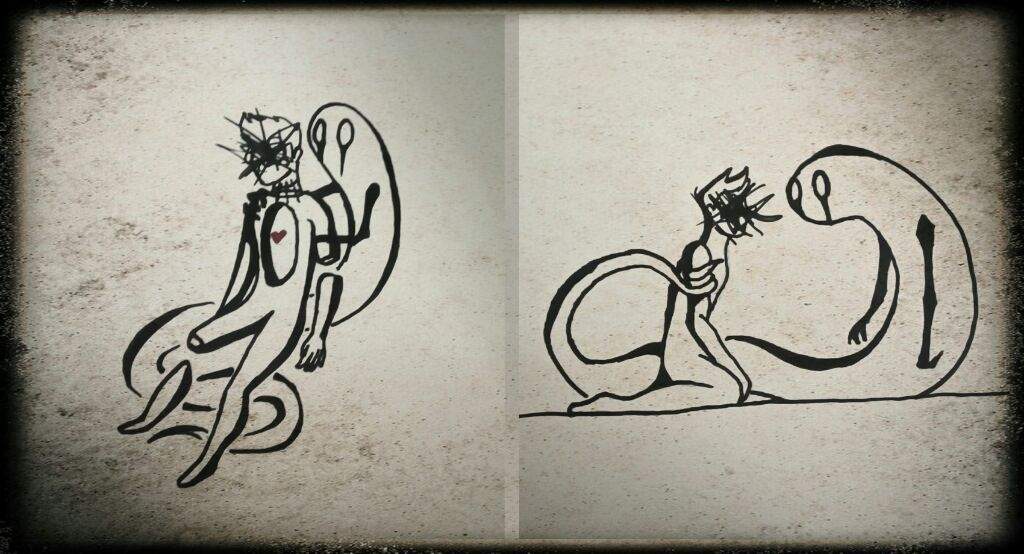
One study of residents in communities in upstate New York reported that about 1.8% experienced dissociative amnesia in the previous year (Johnson, Cohen, Kasen, & Brook, 2006). Most fugue episodes last only a few hours or days, but some can last longer. Some individuals with dissociative amnesia will also experience dissociative fugue (from the word “to flee” in French), whereby they suddenly wander away from their home, experience confusion about their identity, and sometimes even adopt a new identity (Cardeña & Gleaves, 2006). The memory impairments are not caused by ordinary forgetting. An individual with dissociative amnesia is unable to recall important personal information, usually following an extremely stressful or traumatic experience such as combat, natural disasters, or being the victim of violence. Dissociative AmnesiaĪmnesia refers to the partial or total forgetting of some experience or event. Dissociative disorders listed in the DSM-5 include dissociative amnesia, depersonalization/derealization disorder, and dissociative identity disorder. Memory and identity become disturbed these disturbances have a psychological rather than physical cause. Discuss the potential role of both social and psychological factors in dissociative identity disorderĭissociative disorders are characterized by an individual becoming split off, or dissociated, from their core sense of self.Identify and differentiate the symptoms of dissociative amnesia, depersonalization/ derealization disorder, and dissociative identity disorder.Describe the essential nature of dissociative disorders.Call us today for information on life at the estate and our treatment programs.By the end of this section, you will be able to:

The Guest House in Ocala, Florida welcomes you precisely where you are, in need of understanding, compassionate, concierge-style residential care for trauma, addiction, and related disorders. If you are struggling with dissociation, it could be the result of untreated trauma or drug addiction. The feeling can be unsettling as someone feels detached from their own mind, unable to access their own memories. Instead of easily recalling times, places, details, and emotions, there is a challenging difficulty.

Specifically, detachment in the trauma mind includes not being attached to basic knowledge and memory. Simply defined, feeling detached means not feeling attached. Derealization can lead to a “zombie” like feeling of going through life unaware and unawake. Detached from reality, they enter a different place in their head, which could seem like hours to them. Dissociative episodes in which someone suddenly stares into space and becomes unresponsive is derealization. Severe experiences of depersonalization find people having a hard time connecting to reality, not knowing what is real, not real, or who they are.ĭerealization is a form of distraction as much as it is a form of detachment or departure from the self. In trauma recovery, depersonalization feels like a complete separation of personal space, what many would describe as “comfortably numb”. Most people will experience slight versions of depersonalization when they use terms like “I don’t feel right” and they don’t feel comfortable in their own body. Depersonalization is a state of feeling different from the normal self. Pink Floyd might have sung the song of depersonalization most articulately with “Comfortably Numb”: “You are only coming through in waves/ Your lips move but I can’t hear what you’re saying…I can’t explain you would not understand/ This is not how I am/ I have become comfortably numb”. When dissociative drugs are introduced, it can worsen the dissociative tendencies of the traumatized brain. Substance abuse is a common coping mechanism for dealing with trauma. Severe dissociation in the form of DID is the absolute avoidance of revisiting the traumatizing episode(s).ĭrugs like ketamine, dextromethorphan, and others are labeled ‘dissociatives’ due to their ability to induce a dissociated state. Dissociation is a coping mechanism of the traumatized brain as a way to “check out” when flashbacks or intrusive thoughts start to take place.

In a sort of psychological limbo, the dissociated state takes the present mind out of the present and essentially puts it somewhere else.

Dissociation is a departure from the self, identity of the self, surroundings, and even a sense of reality. Dissociation can happen as a passing experience or a constant experience, which can be extremely uncomfortable and in some cases, dangerous. People who are not diagnosably DID can still experience forms of dissociation. Dissociative identity disorder is a specific type of dissociation unique to that disorder.


 0 kommentar(er)
0 kommentar(er)
